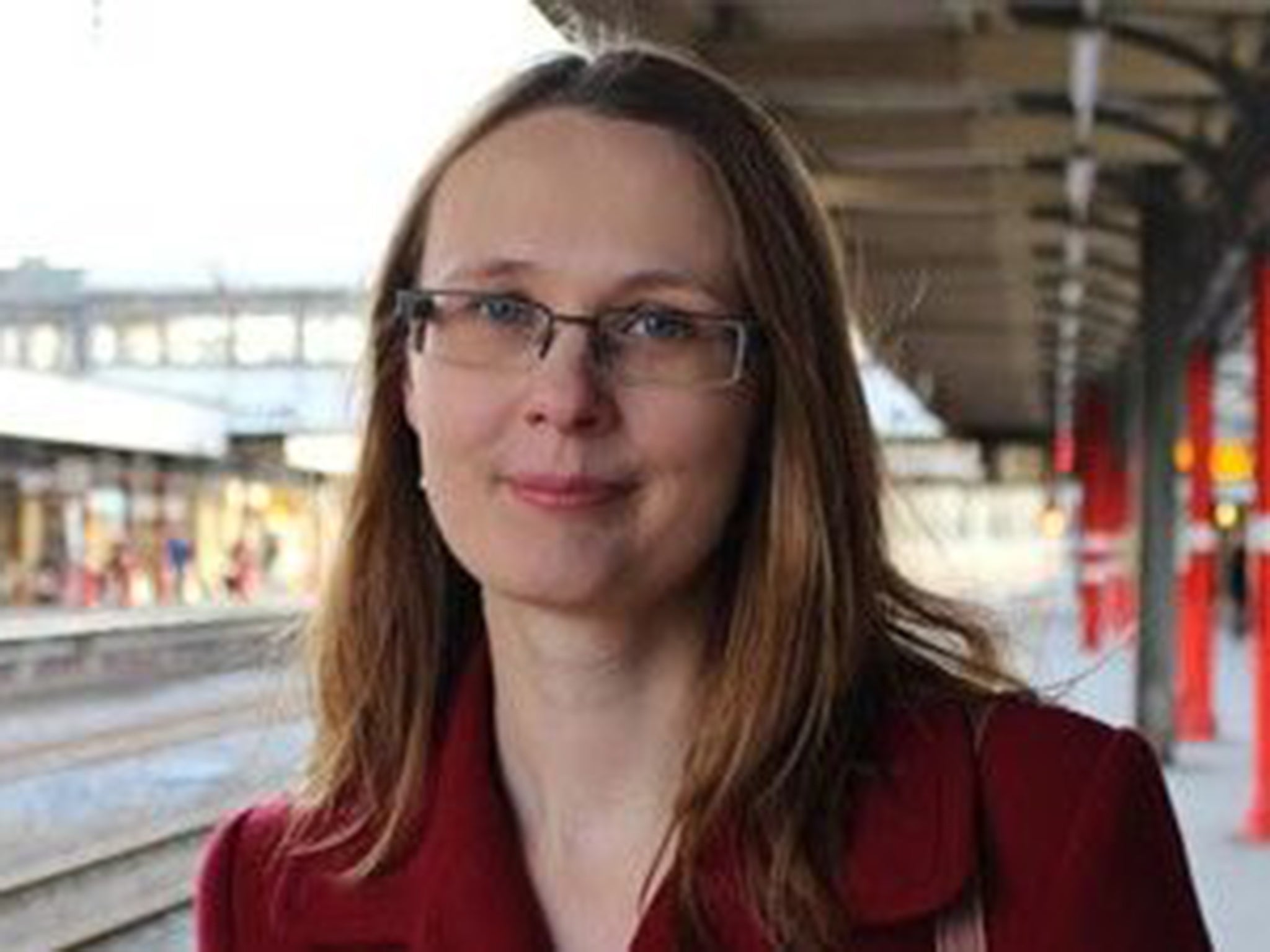Government plans to force voters to show ID roundly condemned
Opponents slam measures that 'target the poorest' and could see 'millions of electors denied a vote'

Your support helps us to tell the story
From reproductive rights to climate change to Big Tech, The Independent is on the ground when the story is developing. Whether it's investigating the financials of Elon Musk's pro-Trump PAC or producing our latest documentary, 'The A Word', which shines a light on the American women fighting for reproductive rights, we know how important it is to parse out the facts from the messaging.
At such a critical moment in US history, we need reporters on the ground. Your donation allows us to keep sending journalists to speak to both sides of the story.
The Independent is trusted by Americans across the entire political spectrum. And unlike many other quality news outlets, we choose not to lock Americans out of our reporting and analysis with paywalls. We believe quality journalism should be available to everyone, paid for by those who can afford it.
Your support makes all the difference.Government plans to force UK voters to show proof of identity before casting their ballot have been widely condemned amid suggestions they could prevent millions of people voting.
Ministers have announced a trial of ID checks as part of efforts to combat electoral fraud, but opponents say they are unnecessary and likely to disenfranchise poorer voters.
Critics highlighted that millions of voters do not have a passport or a driving licence and could therefore be barred from voting. Ministers responded by suggesting a new form of ID could be created specifically for voting.
Announcing the measures, Chris Skidmore, Minister for the Constitution, said: “The government’s view is that electoral fraud is unacceptable on any level. I want to protect the right of everyone to have their say and participate in our democracy.
“That is why the new measures we are announcing today will protect anyone who is at risk of being bullied, undermined or tricked out of their vote – and their democratic right.
“By eliminating fraud and tackling improper practices, we are ensuring the integrity of our electoral system while building a clear and secure democracy that works for everyone."
The 18 local authorities deemed most at risk of electoral fraud will be invited to take part in the trial of ID checks. These include Birmingham, Bradford, Luton and Bristol, as well as the London borough of Tower Hamlets. The councils will trial different systems, with some requiring photo ID and others asking only for proof of address.
The proposals are a response to a report by Eric Pickles, the former Communities and Local Government Secretary, into how to eliminate electoral fraud. Mr Pickles suggested the Government should consider introducing a "proportional" system of ID checks.
Northern Ireland already requires voters to show ID before voting but opponents warned against a similar system being adopted in England.
Cat Smith MP, Labour’s Shadow Minister for Voter Engagement, said the plans “risk denying millions of electors a vote”.
She said: “The Government should be doing all it can to encourage lawful voting and ensure a high turnout, not putting extra hurdles in the way. The plans for photo ID are like taking a sledgehammer to crack a nut, potentially denying a vote to millions.”
Labour backs “a number of the [other] reasonable proposals planned by the Government” to tackle electoral fraud, Ms Smith added.

The Electoral Reform Society, which campaigns for fairer voting, said ID checks were a “blunt instrument” that could put people off voting.
Its chief executive, Katie Ghose, said: "While we should take all instances of voter fraud very seriously where they occur, mandatory voter ID is a sledgehammer to crack a nut. The government should think very carefully before introducing barriers to voting.
"There is simply no evidence to suggest that electoral fraud is widespread across the UK. Where it has occurred it has been isolated and should be tackled locally.
"Raising barriers to democratic participation could just put people off voting - and evidence from the US shows that it's generally those already most excluded from the political process that are worst affected by strict ID laws.
"The government should think again and look at all the evidence on voter ID before deciding to use this blunt instrument."
Ken Livingstone, the former Labour Mayor of London, claimed the Government’s plans would mostly target poorer people and Labour voters.
He told BBC Radio 4’s Today Programme: "The simple fact is, if there was widespread fraud, we'd all be supporting this, but it is a very, very small number of instances.
“And the real problem is, the people most likely not to have a passport, or a driving licence, are going to be the poorest, and that, I suspect - once again, like the decision last year to knock a lot of people off the electoral register - will basically hit the Labour Party."
A report by the Electoral Commission published late last year suggested 3.5 million voters (7.5 per cent of the total electorate) would have no valid form of photo ID.
If identification cards are excluded and only passports or driving licenses allowed as valid forms of ID, 11 million voters (24 per cent of the electorate) would be excluded.
The Government is also trialling new plans to improve the security of postal voting and check the nationality of voters.
Join our commenting forum
Join thought-provoking conversations, follow other Independent readers and see their replies
Comments